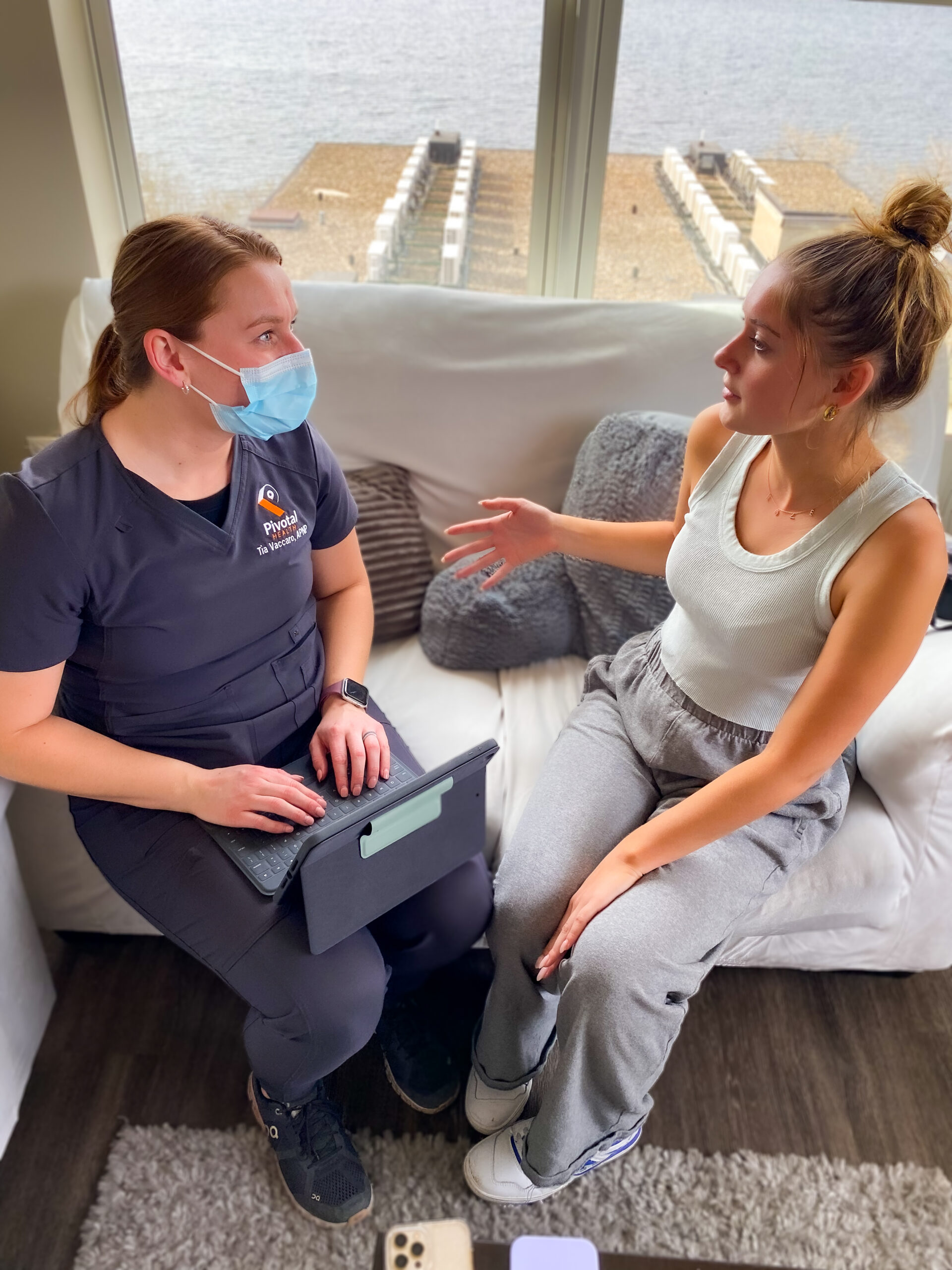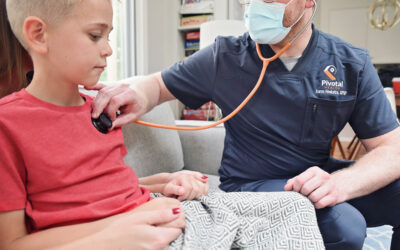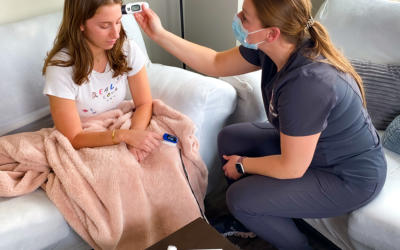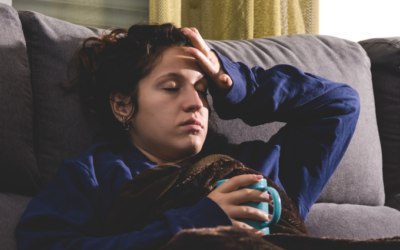How To Manage Seasonal Affective Disorder in College
When fall and winter settle on campus, they often bring more than colder weather and finals stress. Shorter days and early darkness can make 5pm feel like midnight, leading many students to feel low on energy and down. If you’ve been feeling this way as the days get shorter, you may be experiencing Seasonal Affective Disorder (SAD), a common type of depression that follows the rhythm of the seasons.
How Does Seasonal Affective Disorder Affect College Students?
SAD is a recognized form of depression that typically starts in the fall or winter and improves as spring and summer bring longer days. Think of it as your brain reacting to the lack of sunlight — fewer daylight hours can sometimes throw off your body’s rhythm.
For college students, SAD can be especially challenging. Balancing classes, adjusting to campus life, and living away from home add layers of stress that can make it harder to manage SAD. If you moved from a sunnier, warmer place to a colder, darker location — like from Florida or California to Madison, Wisconsin — the change can feel even more abrupt and intense. Add in the pressures of college life, and sometimes it becomes overwhelming.
The good news? There’s a strong understanding of SAD, and effective treatments are available. Recognizing SAD symptoms and finding the right resources are key steps to feeling better and making the most of your college years, even during the darkest winter months.
Who Is at Risk for Seasonal Affective Disorder?
According to the National Institute of Mental Health (NIMH), SAD affects women more frequently than men, and it’s more common in northern areas where there’s less daylight in the winter, like at UW-Madison.
SAD is often first diagnosed in young adulthood. If you’ve relocated to a place with less sunlight, it’s normal to feel confused about why you’re experiencing these feelings. But know that you’re not alone. For instance, a study in The Journal of American College Health found that “students who had moved from southern latitudes to northern New England were the most likely to experience increased depression in winter.”
What Are Common Symptoms of Seasonal Affective Disorder in College Students?
College students experiencing symptoms of SAD for the first time might be dealing with a combination of common symptoms, including:
- Feeling excessively tired or having trouble sleeping
- Losing interest in activities they normally enjoy
- Finding it hard to concentrate
- Often feeling irritated or down
- Socially withdrawing or feeling homesick and hopeless
Symptoms of SAD can range from mild to serious; effective treatment takes your personal symptoms and health history into consideration.
Effective Ways to Treat Seasonal Affective Disorder in College
Though scientists aren’t entirely sure what causes SAD, there are effective treatments. If you’re experiencing SAD symptoms, here are some options:
- Light Therapy: Using a light therapy lamp each morning for 30-45 minutes can improve symptoms. The NIMH recommends a lamp rated at least 10,000 lux.
- Vitamin D: Some students benefit from taking Vitamin D supplements, which you should discuss with your Pivotal Health provider. While research is mixed on vitamin D, some people with SAD have low vitamin D levels.
- Therapy and Counseling: Cognitive Behavioral Therapy (CBT), specifically for SAD, is designed to reduce symptoms. Your Pivotal Health clinician can connect you to options for therapy.
- Medication: If your symptoms are moderate to severe, medications that change your serotonin levels, like SSRIs, can help reduce symptoms of seasonal affective disorder. Your Pivotal Health provider can discuss options with you.
Nearly half of Americans don’t seek treatment for mental health symptoms, but reaching out can make a difference. Support and resources are available for you to feel better and succeed in college.
How to Get Help for Seasonal Affective Disorder
Are you experiencing serious symptoms of SAD? The first step is to reach out to Pivotal Health, a trusted, convenient medical provider that drives to you to treat you in person. If you are having thoughts of self-harm, please connect with the experts at the National Suicide Prevention Lifeline for immediate help.
Our team of licensed clinicians is here to help with depression, including SAD, and anxiety disorders. We’ll come to you, whether you’re in a dorm, apartment, or at home, and take the time to address your needs. Together, we’ll create a customized treatment plan that may include connecting you to a therapist, recommending medication, and more. We also follow up with you to make sure you’re feeling supported and on the road to feeling better.
Learn more about how we help college students with mental health care, and book an appointment through our app, website, or by phone at 888-688-4746.












